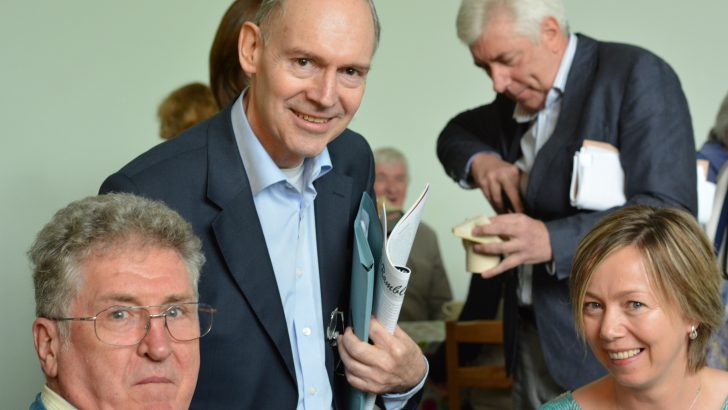The publication of Ireland’s new draft climate bill has been cautiously welcomed but with “quite serious reservations” from leading Church voices.
The draft text of the Climate Action and Low Carbon Development (Amendment) Bill 2020 was published last week, which aims to impose emission limits on sectors. It sets a course for Ireland to become carbon-neutral by 2050.
Dublin-based priest Dr Dermot Lane, theologian and author of Theology and Ecology in Dialogue: the Wisdom of Laudato Si’, said: “This is a significant document and a step forward and I would welcome it, even though I have quite serious reservations, it does set targets for 2030 and 2050.”
However, he said the bill seemed “loose” in the areas of implementation, enforceability and accountability. “The record to date of successive Governments in Ireland, the bill of 2015, the bill in 2019, all failed to meet their commitments, so can we be confident that this bill will meet its commitments?” he asked.
Criticism
The main criticism, he continued, was that “there is a deep ethical vacuum at the core of the bill”.
“There’s no reference, for example, of a ‘just transition’, the last bill in 2019 did talk about a just transition. There is only one vague reference to climate justice. The last bill in 2019 spoke about principles of justice so I’m concerned about the absence of values within the bill,” Dr Lane said.
“They could have talked about intergenerational solidarity, there was no reference to solidarity, no reference to the poor, how will they carry the implementation of carbon budgets? Are we going to implement this particular bill without discrimination to the poorest who do the least damage to the climate and suffer the most from it?”
Gerry Forde of the SMA (Society of African Missionaries) Justice Office, said the draft bill was “way better” than previous “aspirational and woolly” legislation.
Commitment
“The new bill has a legally binding commitment to carbon neutrality by 2050. That commits to sort of carbon budgets for the very first time, that’s a good time. There seems to be a lot more teeth in this but it comes down to the implementation, the commitments, and the making of difficult choices.”
Mr Forde also said it comes down to how the bill will be implemented, with “meaningful measures needed to ensure limits are not breached, if that can happen it would be wonderful”.


 Chai Brady
Chai Brady Dr Dermot Lane (centre)
Dr Dermot Lane (centre) 